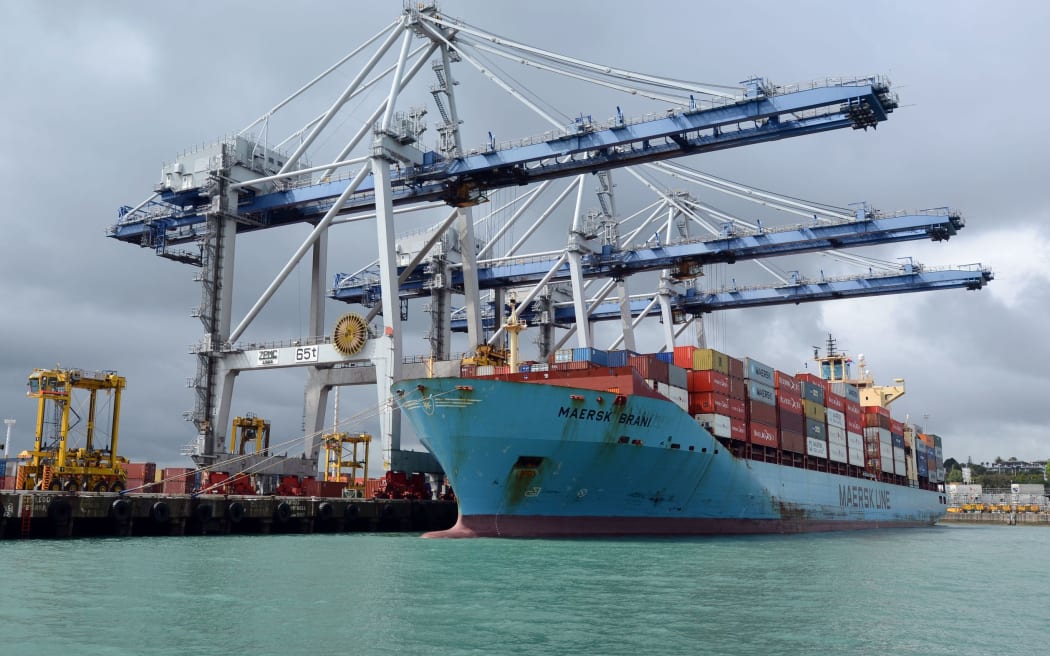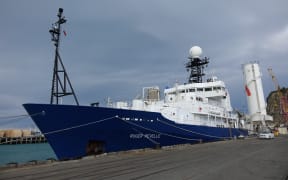A decision to drop senior maritime jobs from the country's long-term skill shortage list will help the local workforce, ship workers say.

Photo: 123rf.com
Immigration New Zealand removed ship masters, officers, and engineers from the list this week.
Merchant Service Guild president Russell Petrie said that was good news for the 40 to 50 unemployed members, who had been pipped by foreign officers.
Mr Petrie hoped shipping companies would now focus on training and recruiting local people.
"We're going to hopefully see some more responsible policies within the New Zealand employers - they will recognise the need to plan for succession and recruit from the local labour market," he said.
"We hope to rebuild the cadet training companies that a lot of New Zealand companies used to have but have been whittled away over the last 10 years or so."
The industry, while small, should have the capacity to ensure the local workforce was employed, he said.
He hoped the guild could work closer with immigration authorities in the future to manage any genuine skill shortages.
However, ship owners said the decision had made their job a whole lot harder.
Shipping Federation executive director Annabel Young said senior roles were often difficult to fill, and they needed to be filled quickly to prevent delays.
Ms Young gave the example of a fuel tanker, where workers required special certificates, and said if that role could not be quickly filled it could stop the ship from sailing.
That would stop fuel from being transported around the country, she said.
"The removal of [the jobs] from the long term skill shortage list has made life much more complicated and difficult when vacancies arise," she said.
"If they've made it trickier to employ people, then they've just the job more difficult of the people who are in fact providing a lifeline of New Zealand."
As for whether it would significantly alter how locals were recruited and given on-the-job training, Ms Young said there were too few ships in the coastal fleet to be able to train everyone who wanted a job.



